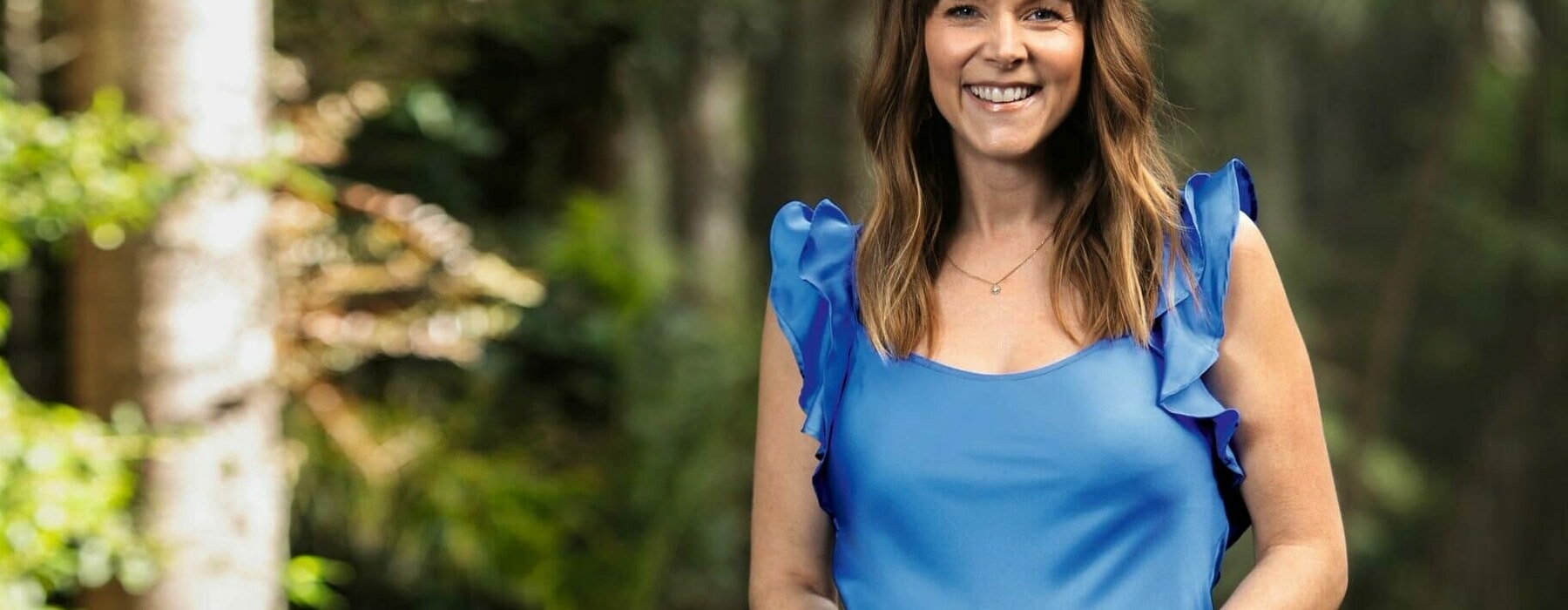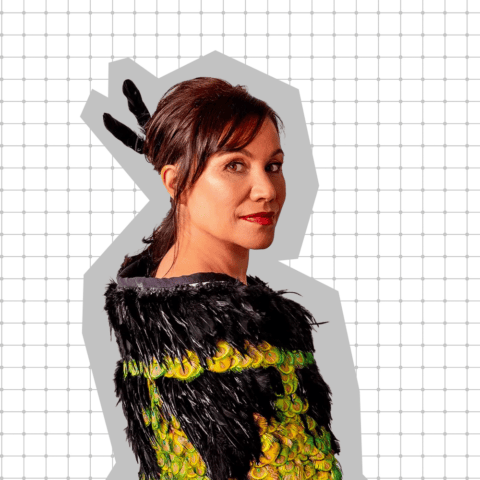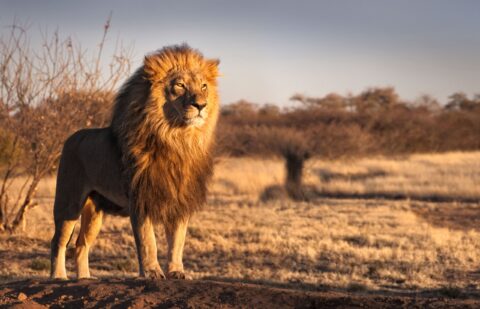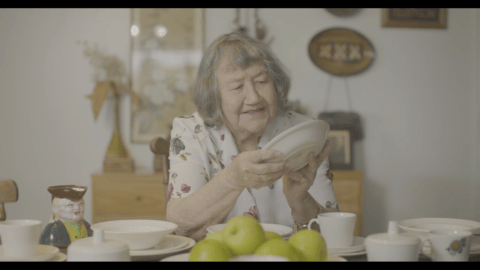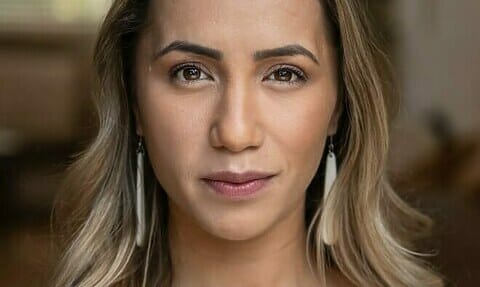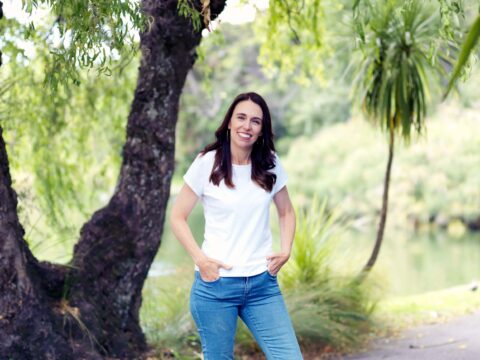Shortland Street star Ria Vandervis had all but given up on her dream of becoming a mum. Now 20 weeks pregnant, she shares her story of heartbreak and hope with Woman in her own words.
When I sat down with Woman at the end of last year, I was ready to talk about my long battle with infertility. In fact, I was more than ready.
After six years of trying for a baby, I still did not have one in my arms, and I wanted to start a conversation about that reality.
I have never really understood the taboo around discussing female reproductive health, and the secrecy that surrounds it left me feeling like a failure. But just because my body wasn’t doing what it was designed to do, surely that didn’t make me any less of a woman?
We don’t talk about infertility, but it is so common. As many as one in four New Zealanders experience issues when trying to conceive, and of those that do manage this feat, one in five pregnancies will end in miscarriage before 20 weeks. And believe me, after a miscarriage or an unsuccessful round of IVF, you need your community more than ever. They will help pull you through the desperate loneliness you feel.
So I wanted to talk about it. I wanted to show that the often devastating fertility journey doesn’t always have a happy ending, and that’s okay, too; to show that there is more to being a woman than bearing a child, no matter how desperately every fibre of your being wants it.
I know that stories of women – celebrity or otherwise – proudly showing their baby bumps or cuddling their newborns while telling of their struggles to get to that point are meant to give hope, but that was not my reality. They made me want to scream. For me and many, many other women, I didn’t have that happy ending. And I knew that might just be how my story went; even with the wonders of modern medicine, fertility success is not guaranteed. Three unsuccessful rounds of IVF and a miscarried natural pregnancy had rendered us pretty hopeless.
So, it is with slight trepidation that I share the news that, at the age of 37 and after much medical intervention – and with an egg generously donated by my beautiful sister Lottie – my husband Chris and I are expecting a baby at the end of the year.
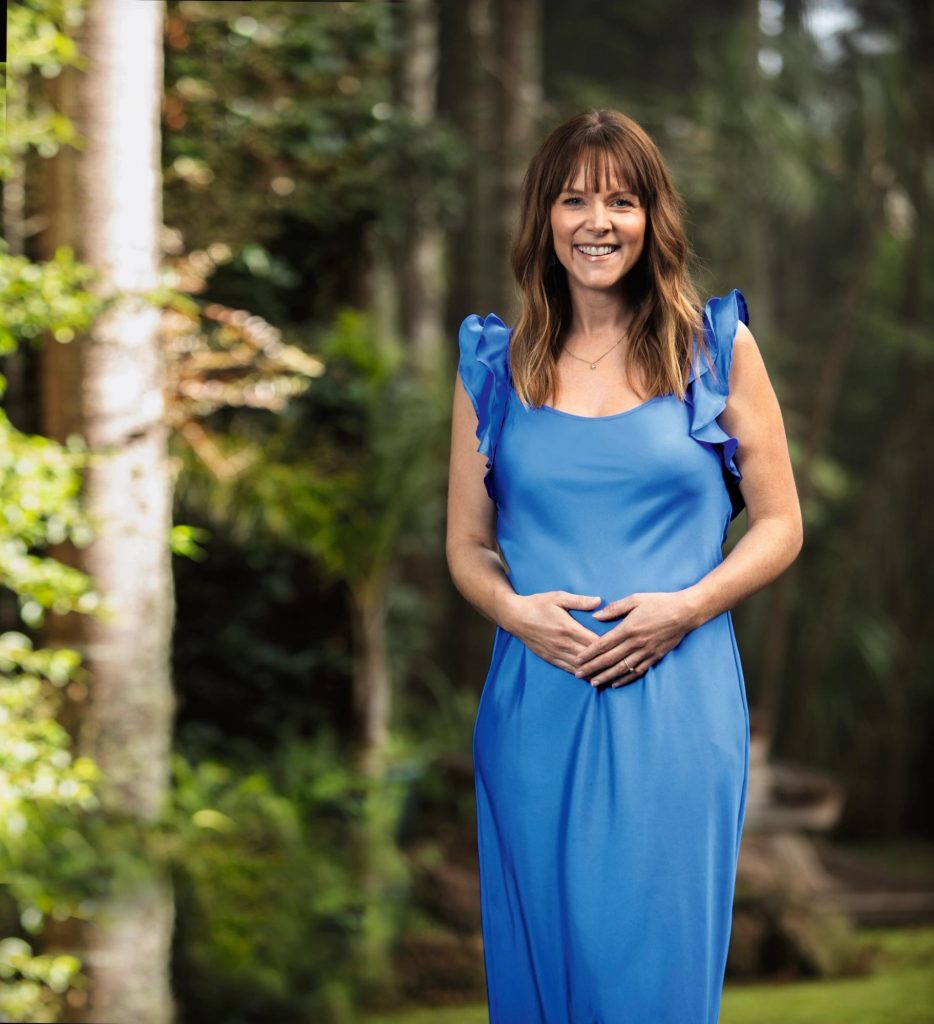
I am equal parts over the moon and wracked with anxiety as I know there is still a long way to go, but at 20 weeks pregnant, this is the closest I’ve ever been to being a mum.
Because I know just how difficult, soul-destroying and downright disruptive infertility is – and because I respect and feel deeply for anyone on this journey – I am aware that this news will make many women feel like, well, screaming. And the irony is not lost on me that I intend, by sharing my story, that some hope can be gleaned. But the miraculous can sometimes happen, especially if you are prepared to try non-traditional avenues to get there.
As each week passes, I am nervously feeling and seeing my body change in incredible ways to house the new life growing inside me. It is truly wonderful and terrifying all at the same time. I’ve had bleeding, cramping, emergency scans, sickness and insomnia, and despite the experience not being all that enjoyable so far (something I often feel guilty about), it is absolutely worth it.
Our much anticipated 20-week scan showed our beautiful new life to be forming correctly, and the relief of that was almost too much to bear.
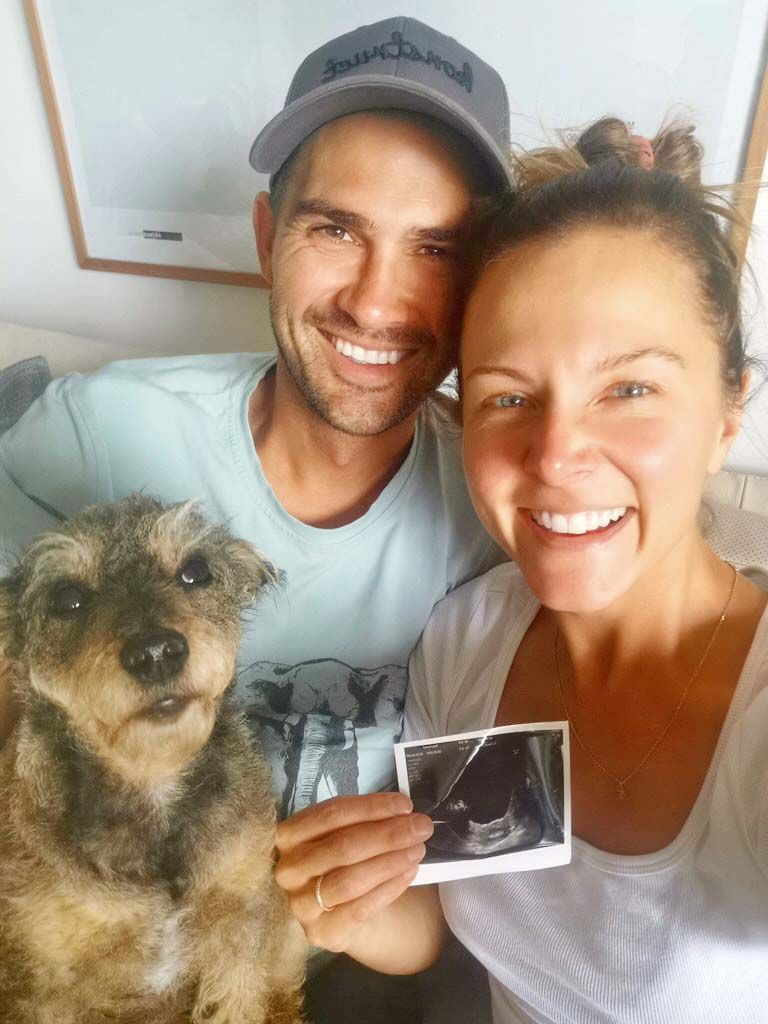
Despite not feeling all that well, I feel surrounded by an amazing love. The happiness I have to be on this journey is indescribable, and I feel closer to my husband than ever before.
Chris and I were married at the end of 2012, after meeting two years before; I was 28 and he was 27. We both knew we wanted children at some point, but were not in any rush. Chris was running his own apparel and promo products business, which was a major focus for him, and I had just returned from five years in Sydney and was busy trying to break back into the New Zealand acting industry.
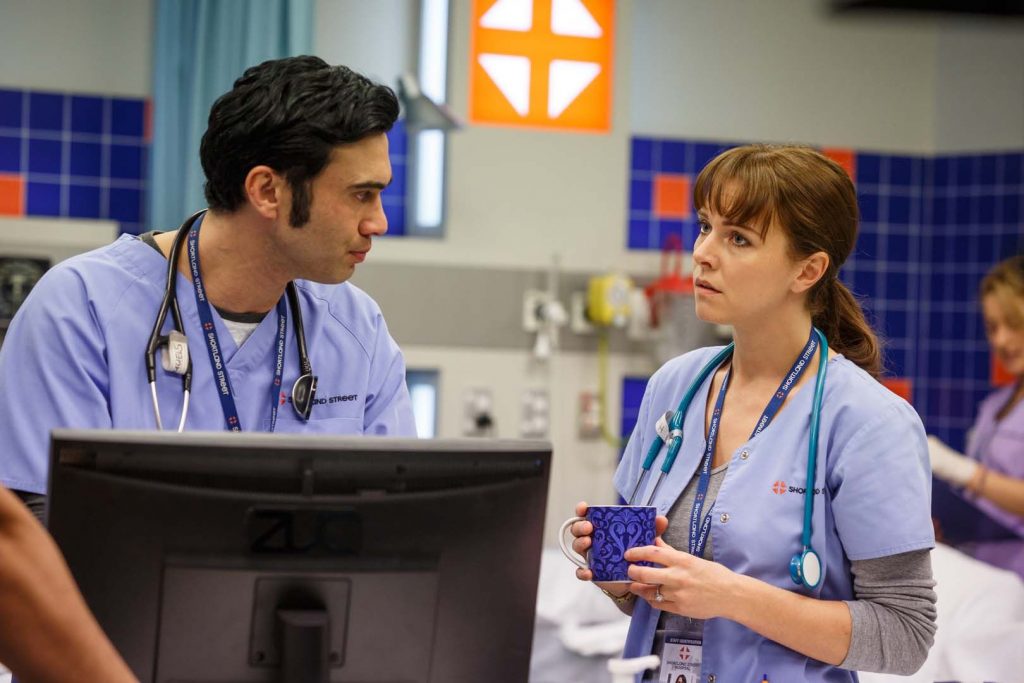
After our wedding, I landed the role of Harper on Shortland Street and a few years later, when our dear friends and fellow actors Amelia Reid-Meredith and Shadon Meredith welcomed their now six-year-old Arlo (who we are proud godparents to), we decided we too should give baby-making a go.
We had a lot of fun in those months, but as the months turned to a year and nothing happened, we started to wonder what was going on. I thought I had a vague idea…
While living in Sydney, I’d decided to stop taking the contraceptive pill. I was 24, and had been taking it for years as a form of contraception, but also as a salve for the crippling period pain I endured every month. It had worked on both of those fronts, but I wanted to stop pumping my body with hormones every day, so decided to call it quits.
It’s very common for your natural period to take a while to return once the pill is stopped, however mine still wasn’t back after two years. So I went to the doctor, and was referred to specialists, who eventually diagnosed me with polycystic ovary syndrome (PCOS) and possible endometriosis.
At my diagnostic appointment, I remember a very stern doctor (whom I had not seen before – there was no continuity of care) telling me the news, and in a very matter of fact way saying that I would likely never have a natural period again, and that it was probable I would be unable to conceive children.
The news was a huge blow, and delivered early one morning before heading to work. I remember being in shock, and then tears, crying through my make-up call for Cops L.A.C., the show I was working on at the time. Fortunately, one of my make-up artists knew of a naturopath who worked with women who suffered conditions such as mine and, like me, this naturopath had PCOS and had been told the same devastating news regarding motherhood. Unlike me, however, she now had a natural, regular period, as well as two beautiful children. So I went to see her, and after six weeks of taking a naturopathic remedy and eating a strict diet of mainly fish and vegetables, my period returned regularly, as did my hope for bearing children.
On my return to New Zealand to be with Chris a year later, doctors tested me again and ruled out PCOS, so I wasn’t really sure where I stood on that when we decided to try for a baby.
Jump forward again a few years to 2015, and after a year of much trying but no success, Chris and I decided to talk to fertility specialists to see what was going on. We both underwent the usual tests, and despite my previous diagnosis of PCOS and terrible period pain, Chris’ sperm test didn’t look great, so it was decided that this must be the cause of our troubles.
We were put on the public waiting list for IVF, which turned out to be 18 months long. In the interim, we fell pregnant naturally, a wonderful surprise which coincided with my character on Shortland Street being pregnant, and which would have worked out perfectly had I not lost that pregnancy at 13 weeks.
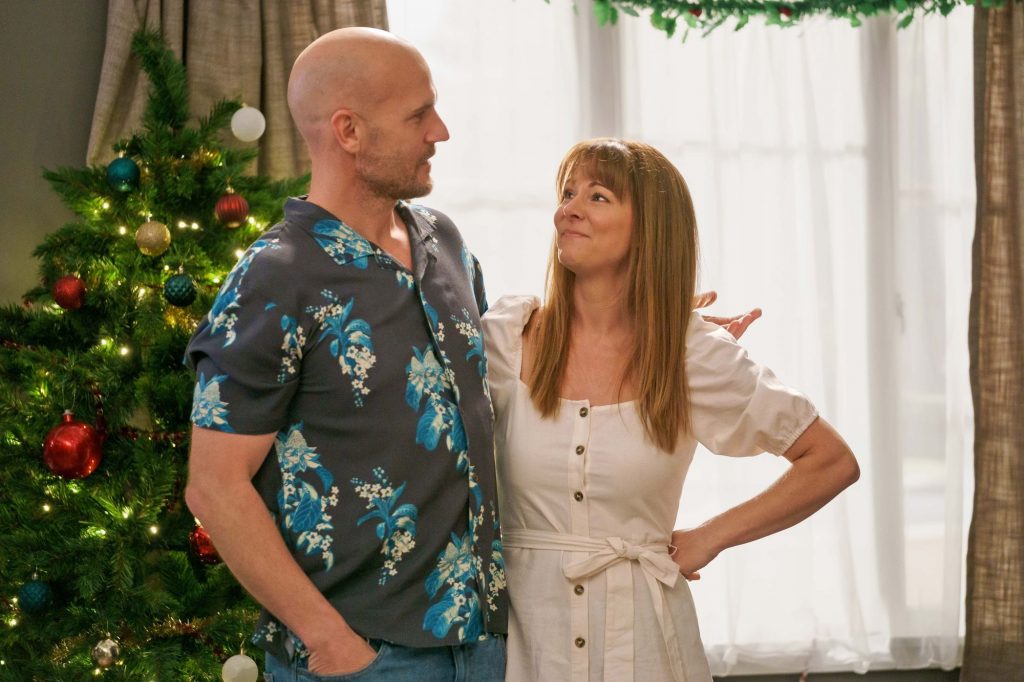
Showing up to work and strapping on the baby belly every day for the following five months was emotionally really tough, as was “birthing” my on-screen baby and being a new mum on the show, when all I wanted was for the same to be true in reality. But I had my hopes pinned on IVF being the answer to our problems, and was trying to stay positive.
Crazily, a woman is born with all the eggs she will ever release, but a man constantly produces new sperm, the quality of which can be dramatically improved by a few lifestyle changes. Chris stopped drinking alcohol, wearing tight underwear and having spas (the heat is damaging to sperm, apparently), and his swimmers were looking great, so when my first round of IVF stimulation failed to produce any harvestable eggs, we were blindsided. We had no idea that failing this early in the process was a possibility, and my eggs turning out to be the issue was an equally devastating blow.
I read endlessly about what I could do to improve my egg quality and acted on what I learnt – a book called It Starts with the Egg by Rebecca Fett is a bible for this stuff. For five months I quit alcohol, caffeine, sugar, refined carbohydrates and meat, I stopped touching any plastics (even receipts), did yoga, tried meditation and took supplements, then we tried IVF again using a different egg-stimulation method.
I read endlessly about what I could do to improve my egg quality and acted on what I learnt
This time we managed to harvest two healthy, top-grade eggs, which was very exciting – until neither of them fertilised in the lab. So that was round two done, dusted and completely fruitless. To describe the experience as a roller coaster is an understatement.
We took a bit of a break before the next round. Because I had been so diligent (read: militant) with my diet and pre-IVF routine last time to no real avail, I took a more relaxed approach in preparing for round three. If the diligent approach didn’t work, then surely the opposite of that would?
I also had surgery for endometriosis (finally, a diagnosis!), which we were hoping would help to make a difference. Again, we only harvested two beautiful little eggs, but this time one of them fertilised! We had a top-grade embryo ready to be transferred into its hopeful new home, and wasted no time in popping it in. So much hope was pinned on this tiny clump of cells, but alas, it didn’t stick and I had a negative pregnancy test two weeks later. The sense of hopelessness is really hard to describe, but I think it was the lowest I had felt in my life.
By this stage, it was becoming clear that my eggs were probably not up to the task, and the frustration and sense of failure was mounting. The clock was ticking. I was now nearly 36 years old. The next realistic step for us was to try using a donor egg, and my beautiful younger sister Lottie, despite not having children of her own, offered to help us out. She went through the weeks of hormone injections, and ended up harvesting 14 gorgeous, healthy eggs to give to Chris and me. This process ended up taking nearly a year for various reasons – including Covid, plus I contracted toxoplasmosis – but some of the eggs fertilised, and a little embryo stuck. And I am now 20 weeks pregnant.
It feels quite extraordinary to write those words.
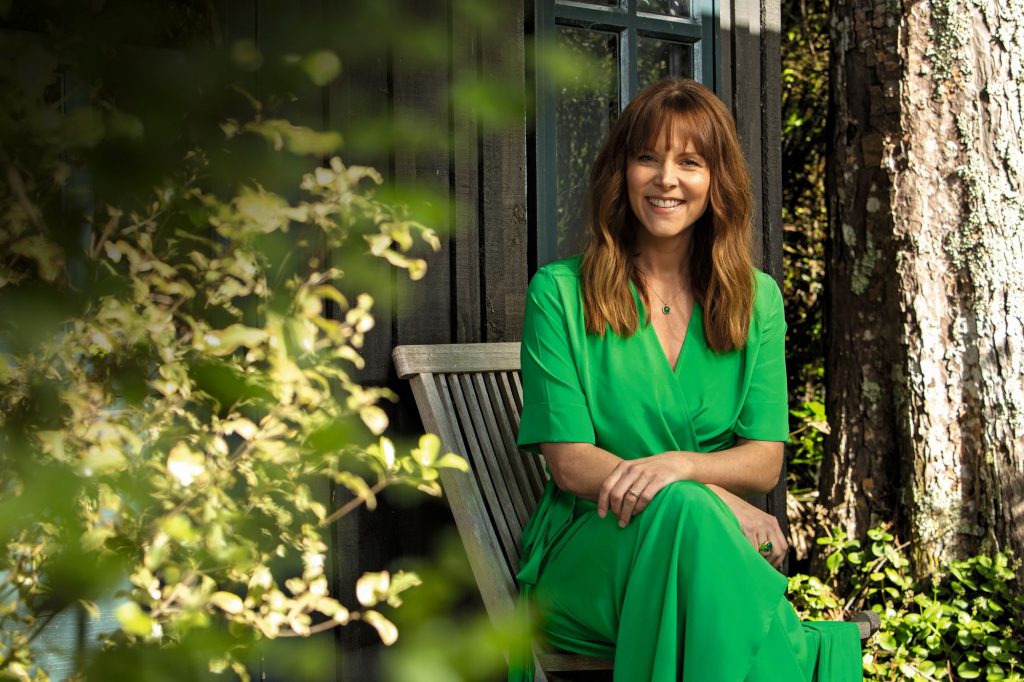
Part of the donor egg programme is to undergo counselling to make sure the donor and recipients are on the same page – and to voice and iron out worries from either party. I was (unnecessarily) worried that Lottie might feel ownership over the baby once it was born, but she has made it very clear that although she looks forward to being a very special aunty, her gift has no more meaning attached to it than if I had needed a kidney. It was just a clump of cells after all, and cells that have a very similar DNA to my own.
One thing I have noticed about pregnancy is all the well-meaning advice that is handed out by other mums. Even close friends are advising me on how to make sure I find a “true connection” with my baby once it is born, as it is “very important in my situation” – the insinuation being that because the egg was donated it is not truly mine. But I already have a strong connection to this baby; my flesh and blood are creating it.
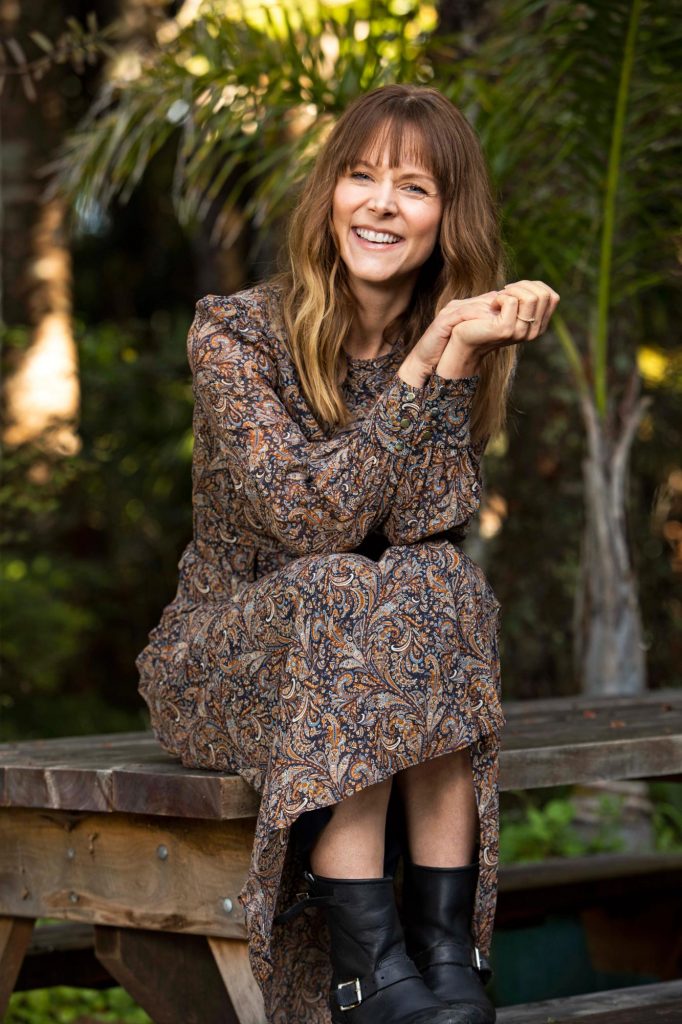
The relatively new field of epigenetics shows how every cell in the baby’s body is influenced by the birth mother’s body. Even if the donor egg had not been from a relative, the fact that the baby is growing using my blood and the nutrients I am taking in, lives in my amniotic fluid and shares my rhythm and breath for nine months, means that the baby is emphatically my child. My sister’s generosity has afforded me and Chris a chance at becoming parents, and now, after more than six years of trying, I am finally pregnant. All going to plan, our baby will be here in December. I do not know how to thank Lottie enough.
All going to plan, our baby will be here in December. I do not know how to thank Lottie enough
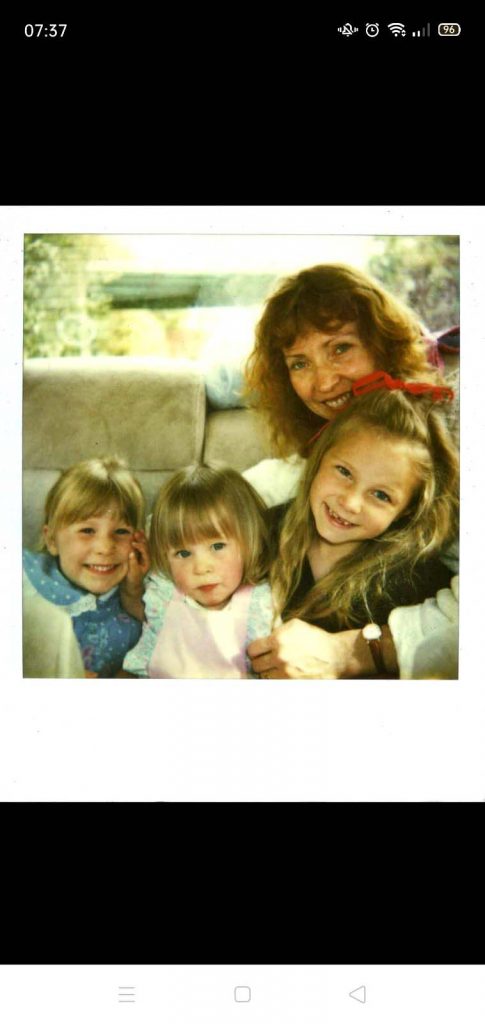
The immense joy I feel is equalled by the intense anxiety I have about every aspect of the pregnancy. Now that I’m in the second trimester, my lack of symptoms has me wishing I still had the terrible morning sickness of the first trimester, just so I know my baby is still alive. My tummy isn’t showing as much as my pregnant friends did around the same time – am I still pregnant? I have a pain in my leg – is it deep vein thrombosis? I ate liquorice the other day – have I stunted my baby’s brain? My neurosis is real, but I knew that it would be.
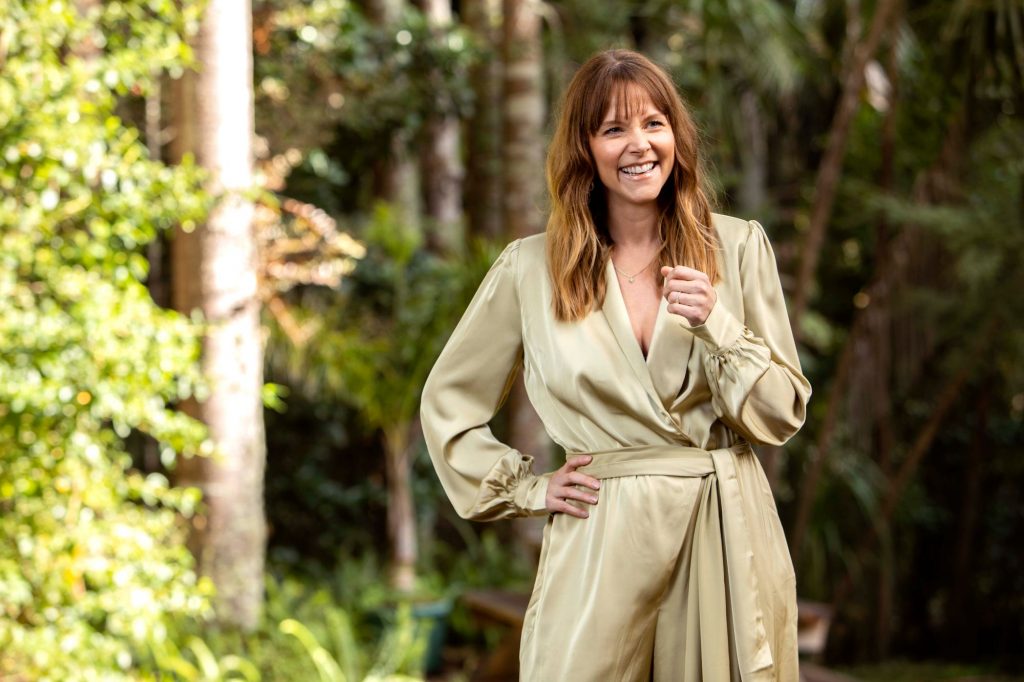
I stopped taking my antidepressants before this last round of IVF as I wanted a real clean slate for this final attempt of ours, so I am working on balancing my mood and trying to stay positive. I changed midwife after my first one dwelled on the negatives too much. I am walking every day to try and keep my mood elevated. I’m eating well and getting loads of rest, wrapped up in the hilariously large pregnancy pillow Chris bought me a few weeks ago for my 37th birthday. I never thought I’d see the day I’d need such a gift.
I know I’m lucky to be where I am today, and I’m so grateful to live in New Zealand, where we can all have access to fertility treatments. I am so sorry to those that it hasn’t worked out for, and those who are still on the journey – please don’t give up. I know it’s easier said than done, but I am living proof that the seemingly impossible can happen. And all going to plan, in five months I will have the baby I’ve been dreaming of for all these years.

